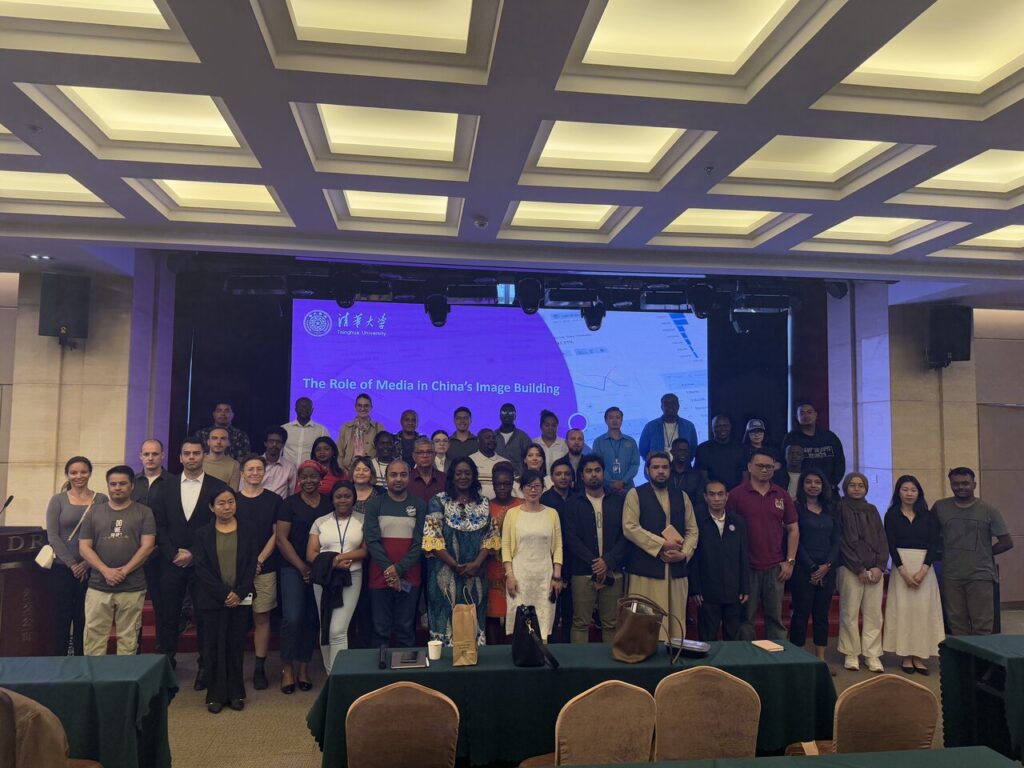Beijing – In an era dominated by Western media narratives, misinformation is often woven into fact, but promoting an independent voice from the Global South has become more important than ever.
To explore the pivotal role of media in shaping international discourse, the China International Press Communications Centre (CIPCC) held an insightful lecture as part of a media exchange programme for foreign journalists.
The session was held on Tuesday at the Diplomatic Housing Site (DRC) in Beijing and featured Professor Chang Li, Associate Dean of Tin Ting University’s School of Journalism and Communications.
Professor Chang provided a compelling analysis in contrast to the narrative frameworks of Chinese and Western media. She emphasized that while it is a Chinese media such as China’s global, some Western outlets often push biased perspectives to shake up global public opinion.
Television Networks (CGTNs) prioritize fact-based reports backed by verifiable data and accuracy. Through video examples and interviews, she demonstrated how Chinese approaches offer a more balanced alternative.
“You can see that it’s mostly Western media that still informs the world’s audience. They basically dominate the entire public opinion on those issues,” Professor Chang pointed out. She said this would make it extremely difficult for global tropical countries to hear their voices, even when they are actively working to expand their media reach. The professor noted that despite their efforts, the audience size and influence remained limited compared to Western media giants.
She urged global South media organizations to unite in expanding their perspectives, providing the world with a different voice and fresh perspective. She warned that without fair representation, achieving effective global governance may remain an unattainable goal.
The discussion highlighted the urgent need for media diversity. This is a world where the truth is not determined by a single story, but shaped by a global voice chorus.
The CIPCC has been actively working to showcase China’s commitment to responsible journalism. Earlier this year, international journalists participating in the media exchange programme were now exclusively accessible, both China’s leading media in March, CGTN, and in April, daily, behind the scenes.
During these visits, journalists observed the meticulous fact-checking and editing process that underpinned the Chinese media’s reputation for accuracy and reliability. From multi-layer verification systems to detailed editorial reviews, these practices ensure that all content meets the highest standards before reaching the global audience.
This practical experience not only highlighted the strict professionalism of the Chinese media landscape, but also reinforced Professor Zhang’s message. This is necessary for a more equitable global dialogue.
As the Global South continues to seek greater expression, initiatives like the CIPCC Media Exchange Programme will serve as important bridges, fostering mutual understanding and prove that diverse voices can shape the world’s narrative.

